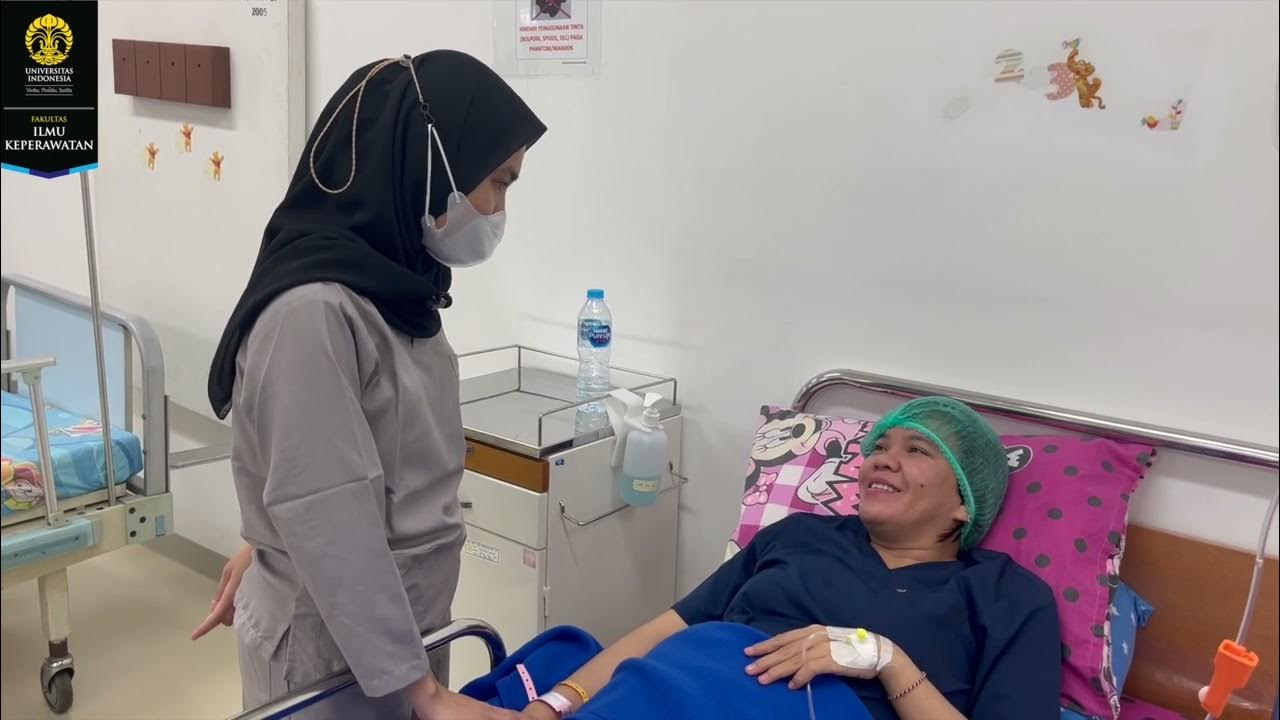IVF Procedure Step by Step - Part 1
Summary
TLDRThis video script offers an in-depth look at the initial stages of the IVF process, highlighting the importance of a team approach with key players like doctors, patient care coordinators, nurses, and billing specialists. It emphasizes the necessity of understanding IVF risks, personalized protocols, medication education, and the significance of a suppression check. The script also addresses financial considerations and the streamlined experience for Progeny members, ensuring viewers are well-informed about what to expect before starting IVF treatment.
Takeaways
- 😀 The video is part one of a three-part education series on in vitro fertilization (IVF), focusing on pre-treatment expectations.
- 👩⚕️ The IVF care team typically includes a doctor, patient care coordinator, IVF nurse, and billing specialist, each playing a crucial role in the patient's journey.
- 🤝 The doctor emphasizes a team approach and partnership with the patient, ensuring a comprehensive understanding of the IVF process.
- 📝 Informed consent is vital, with the clinic providing forms for patients to review and ask questions about the risks and side effects of IVF.
- 🧬 A personalized IVF protocol is developed based on factors like body mass index, anti-mullerian hormone, ultrasound results, baseline hormones, and patient age.
- 💊 Medications used in IVF stimulate follicle growth and include follicle-stimulating hormone (FSH) and luteinizing hormone (LH), often combined in drugs like Menopure.
- 📅 The timing and preparation for medication start are customized, considering factors like cycle regulation, travel schedules, and patient convenience.
- 💼 Billing specialists discuss overall costs, financial expectations, and insurance coverage, including co-payments, coinsurance, deductibles, and out-of-pocket maximums.
- 💡 Progeny members have streamlined processes for authorizations and medication, reducing the burden of insurance negotiations and paperwork.
- 📚 An IVF orientation session, led by an IVF nurse, educates patients on the process, medication administration, and their specific protocol.
- 🩺 A suppression check, involving blood work and ultrasound, ensures the patient is ready to begin medication, with no dominant follicles present.
Q & A
What is the purpose of the three-part education video series by Progeny?
-The purpose of the series is to educate members about the in vitro fertilization (IVF) process, covering what to expect prior to treatment, during stimulation and monitoring, and through the egg retrieval process.
Who are the key team members involved in managing an IVF journey according to the script?
-The key team members include the doctor, the patient care coordinator, the IVF nurse, and the billing specialist or practice administrator.
What is the role of the patient care coordinator in the IVF process?
-The patient care coordinator is responsible for organizing the patient's care from the initial consultation through the start of the IVF cycle, ensuring the patient's expectations are clear and coordinating logistics.
Why is it important for patients to understand the risks of IVF before starting treatment?
-Understanding the risks is crucial for informed consent, allowing patients to make educated decisions about their treatment and to be aware of potential side effects and complications.
What is the significance of consent forms in the IVF process?
-Consent forms are not only for legal protection but also serve as an opportunity for patients to review the information they've been told verbally and understand the inherent risks of each step in the IVF process.
How are IVF protocols customized for each patient?
-Protocols are customized based on factors such as the patient's height, weight, anti-mullerian hormone levels, ultrasound results, baseline hormones, and age to determine the appropriate medication and dosage for ovarian stimulation.
What are the common fears patients have regarding hormone administration in IVF?
-Patients often fear being 'blasted' with hormones and drugs, but the clinic's approach is to administer an appropriate amount of medication to encourage a safe number of follicles to develop.
What is the role of the billing specialist in the IVF process?
-The billing specialist discusses the overall cost, authorizations, and financial expectations with the patient, ensuring they understand any co-payments, coinsurance, deductibles, or out-of-pocket maximums associated with their health plan.
Why is the suppression check important before starting the IVF medication?
-The suppression check, which includes blood work and an ultrasound, ensures that the patient's body is in the optimal state to respond to the medication, with no dominant follicles and low hormone levels.
What support does Progeny provide to patients during the IVF process?
-Progeny provides coverage that simplifies the process, including streamlined medication authorizations, financial support subject to the patient's primary health plan, and assistance from Patient Care Advocates.
What is the purpose of the IVF orientation run by an IVF nurse?
-The IVF orientation is meant to educate patients about the process, including the menstrual cycle, medication usage, potential side effects, and how to administer the self-injections at home.
Outlines

This section is available to paid users only. Please upgrade to access this part.
Upgrade NowMindmap

This section is available to paid users only. Please upgrade to access this part.
Upgrade NowKeywords

This section is available to paid users only. Please upgrade to access this part.
Upgrade NowHighlights

This section is available to paid users only. Please upgrade to access this part.
Upgrade NowTranscripts

This section is available to paid users only. Please upgrade to access this part.
Upgrade NowBrowse More Related Video

How To Manage ??!! Ronde Keperawatan

IVF Procedure Step by Step - Part 2

Roleplay Komunikasi Terapeutik pada Pasien Komplain

Interprofessional team-based primary and community care

Edukasi Praktikum SKP 4 _ Kepastian Tepat Lokasi, Tepat Prosedur, dan Tepat Pasien Operasi

Kolaborasi Tim Kesehatan RS UI - Ns. Sukihananto, S.Kep, M.Kep
5.0 / 5 (0 votes)